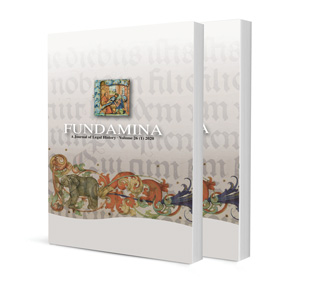
The Development of The South African Emolument Attachment Order Mechanism: A Historical Overview
Author Stephan van der Merwe
ISSN: 2411-7870
Affiliations: BComm LLB LLM PGDip (Higher Education: Teaching and Learning) (University of Stellenbosch). Senior attorney, notary public and lecturer, Law Clinic, University of Stellenbosch
Source: Fundamina, Volume 28 Issue 1, p. 140-170
https://doi.org/10.47348/FUND/v28/i1a4
Abstract
In South Africa, wage garnishment is achieved through the emolument attachment order (hereafter “EAO”) mechanism. This civil debtcollection instrument plays a significant role in South African society, affecting the lives of potentially millions of people. It is therefore concerning that the mechanism is often criticised for lacking effective measures to prevent, monitor, identify and then correct irregularities in the collection of debt through EAOs. This contribution considers the historical context that directed the development of the South African EAO mechanism and the composition of the current South African framework regulating EAOs. It considers South Africa’s unique legal approach resulting from the development of common-law procedural affordances supporting a predominantly civil-law substantive system. It analyses the role of Roman law, Roman-Dutch law, English common law, and the constitutional dispensation in shaping the contemporary EAO mechanism. In the process, the study identifies challenges that have been present since the mechanism’s earliest origins, which can be traced through its historic development and remain contentious in its contemporary version. The study is significant since the EAO mechanism has not yet been subjected to a comprehensive and critical analysis of this kind. Limited research has been conducted on the South African EAO mechanism and there has not been any detailed analysis of its history and development. It is submitted that such an analysis is a necessary first step to facilitate further in-depth comparative research with the aim of developing an effective and fair EAO mechanism.